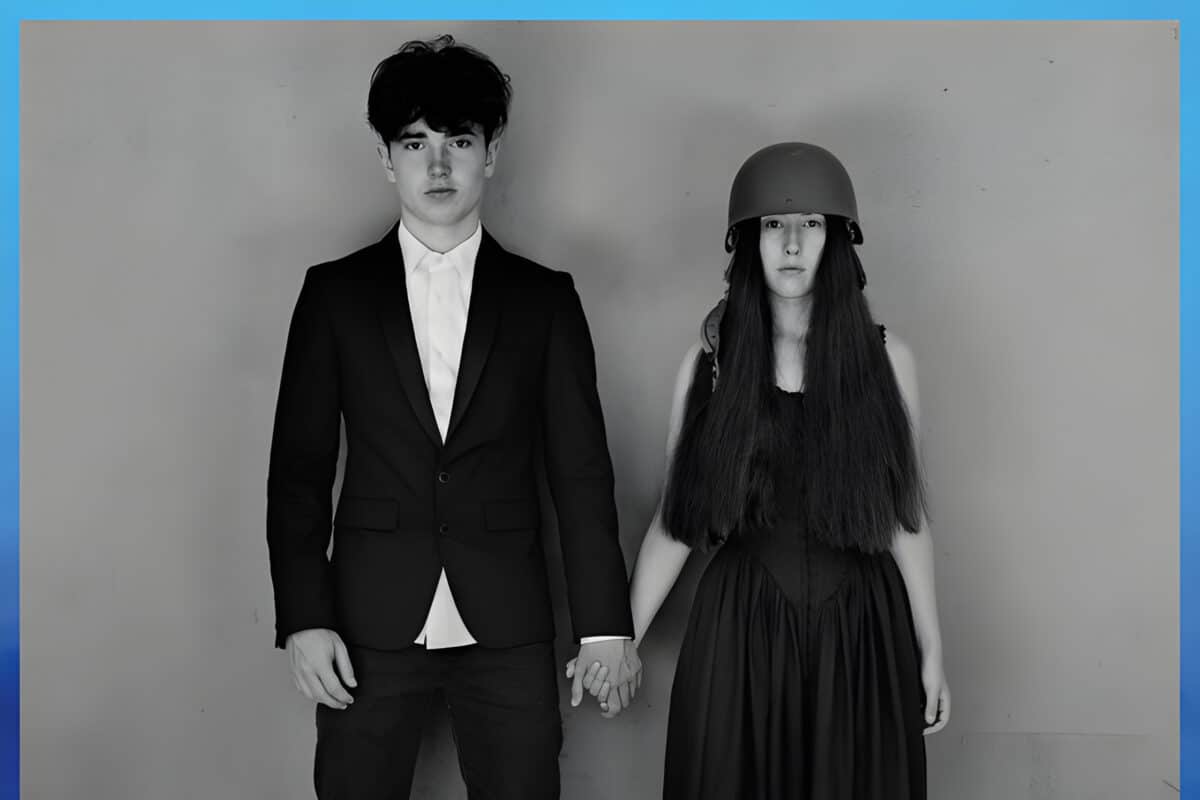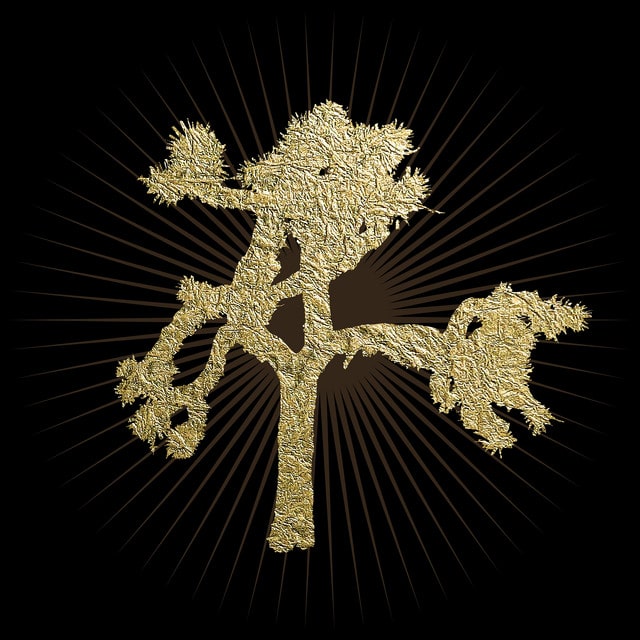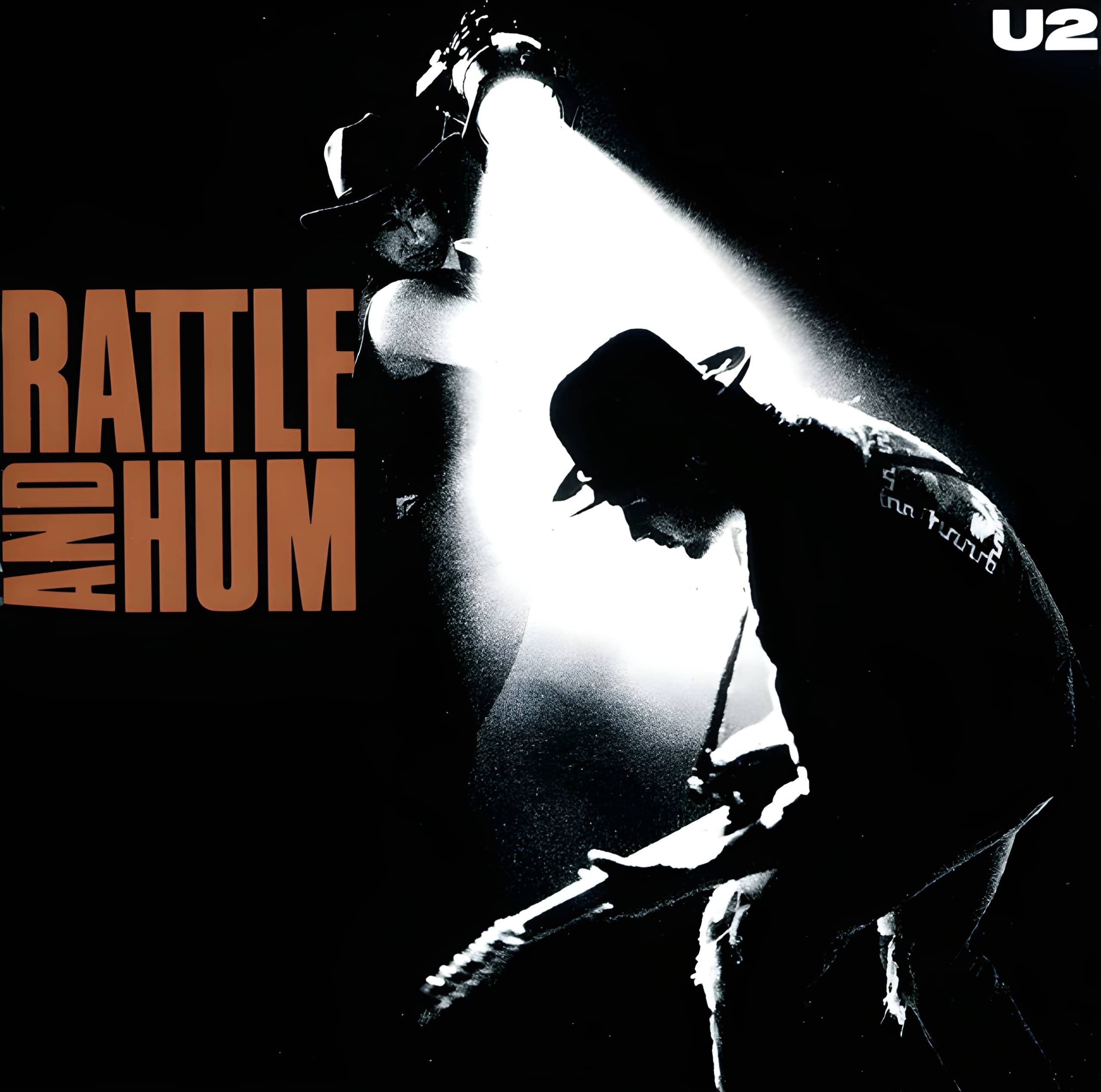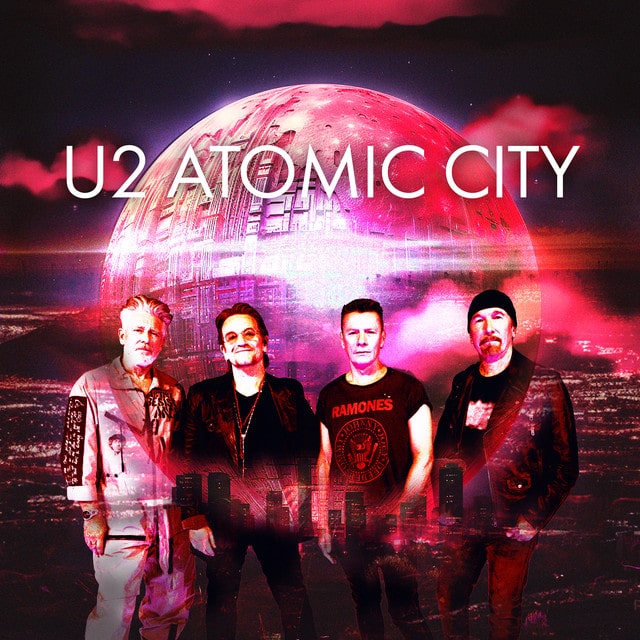Released: 2017
In “Summer of Love” by U2, we’re served with a fascinating blend of longing for escapism and a gritty acknowledgment of global conflicts, all wrapped up in the luscious imagery of seasonal metamorphosis. This song brilliantly juxtaposes the warmth and freedom associated with the summer against the cold bleakness of winter, symbolizing a desire to move away from darkness into the light. It’s a piece that addresses the contradictions of seeking personal peace and pleasure in a world rife with pain and suffering, making it a layer cake of emotion and socio-political commentary.
The opening lines set the stage with “The winter / Doesn’t want you / It haunts you / Summer serenadings.” Here, winter is more than just a season; it’s a metaphor for a period of discomfort and unwelcomeness, a time that “haunts” the soul. The mention of summer serenadings offers an auditory glimpse into the allure of warmer, more inviting times, playing into the human yearning for change and renewal. This longing isn’t just for a change in weather but a deep-seated desire for a shift from turmoil to peace, from complexity to simplicity.
Central to the song is the line, “And like flowers growing in a bomb crater / From nothing / A rose / It grows.” This powerful imagery captures the essence of hope and beauty emerging from destruction, a theme that resonates deeply in the depths of human resilience. U2 draws a poignant contrast between the aftermath of conflict and the natural world’s unyielding optimism. The rose growing in a bomb crater symbolizes rebirth and the indomitable spirit of life to reclaim spaces marred by violence.
The chorus, with its repeated longing, “I’ve been thinking about the West Coast / Not the one that everyone knows / I’m sick of living in the shadows / We’ve one more chance before the light goes / For a summer of love,” speaks volumes. It’s a metaphorical escape to a place that stands in stark contrast to “the shadows”—a life or situation where one feels invisible, trapped, or in despair. The West Coast here is not just a geographical location but a symbol of hope, opportunity, and warmth—a utopia that promises a respite from adversity and the chance to bask in the summer of love.
The song takes a turn with, “Oh and when all is lost / When all is lost we find out what remains / Oh the same oceans crossed / For some it’s pleasure / For some it’s pain.” This reflects on the universal journey of seeking meaning or solace amidst loss. It underscores the duality of human experiences—how the same journey (crossing oceans) can result in diverse outcomes for different people, highlighting the subjective nature of pain and pleasure. The mention of Aleppo situates the song in a specific context, acknowledging the Syrian city’s destruction amidst civil war. It’s a stark reminder of the real-world tragedies that continue alongside our quests for personal summers of love.
In essence, “Summer of Love” by U2 is a complex narrative that weaves together themes of longing, resilience, and the dichotomy between personal joy and global despair. It’s a song that challenges the listener to find beauty and hope in the bleakest of circumstances, urging us towards a collective yearning for a brighter, more loving world, even when ensconced in shadows. Through its evocative lyrics, U2 invites us on a journey from the cold, haunting winter to a summer drenched in love, life, and the relentless pursuit of light.








